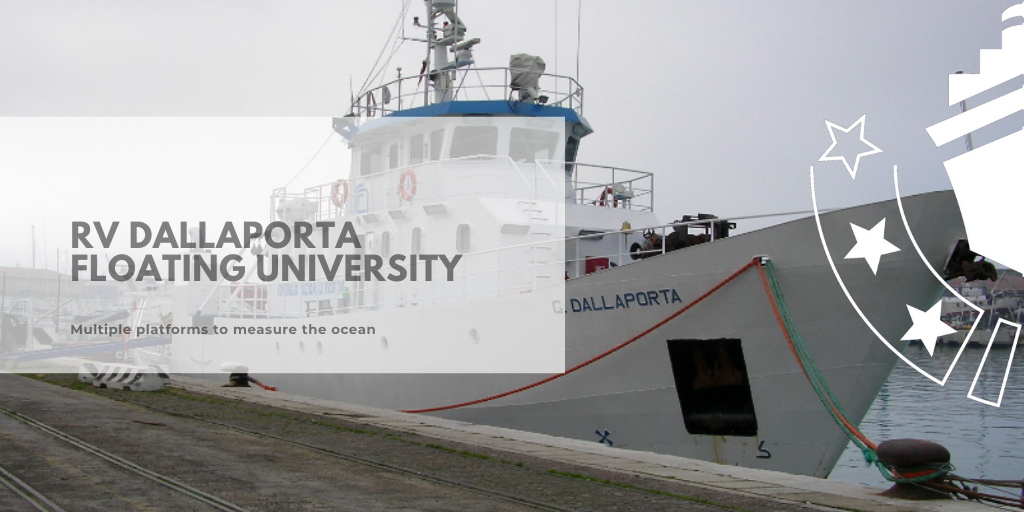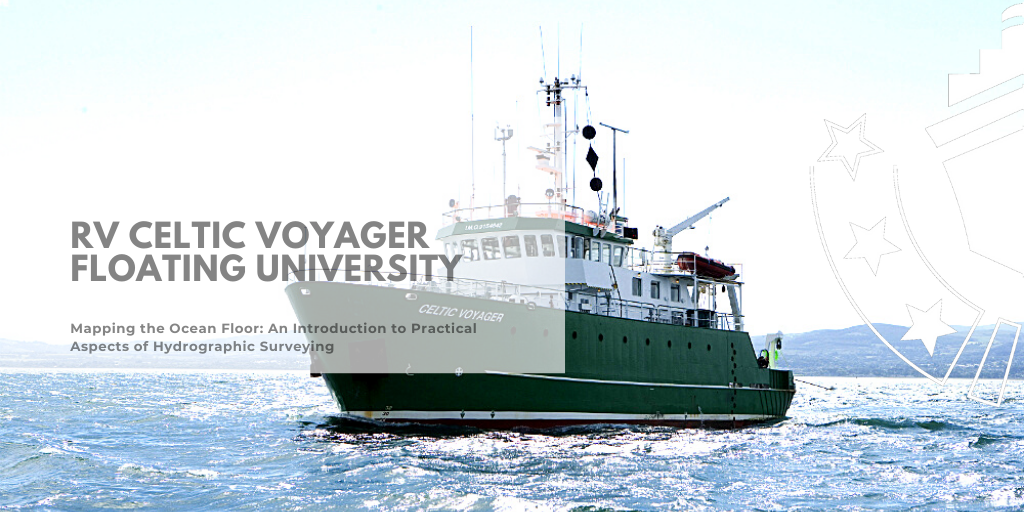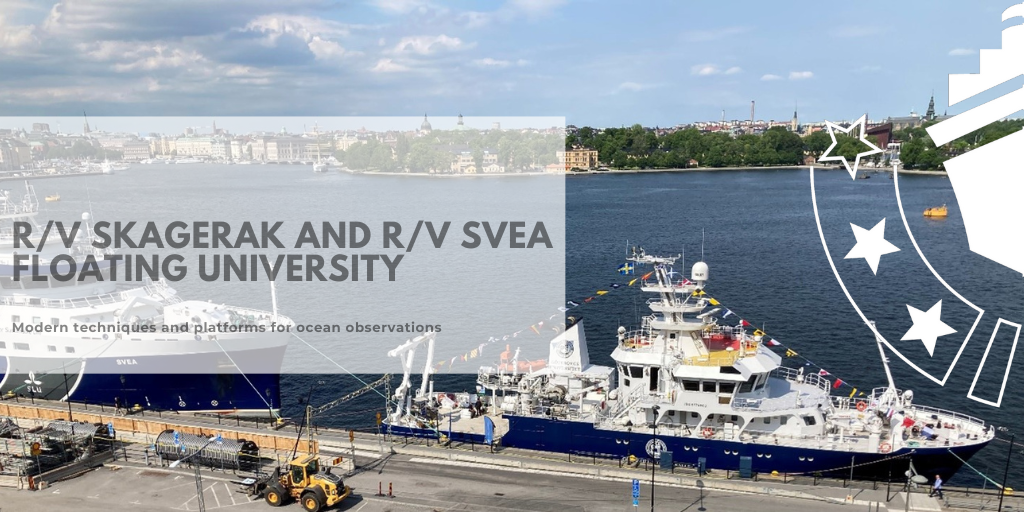A series of ship-based training initiatives in marine-related sciences areas such as scientific instrumentation, the collection, and processing of samples, data analysis, quality control, and processing.
The floating University starts with introductory day(s) devoted to lectures covering the planned activities, survey design & planning, and practical & safety issues.
Onboard activities combine lectures, laboratory work and practical sampling/measurements and interpretation of data.
As a follow-up, each participant contributes to the official cruise report and submits a report on the outcome of their own project work.
The Floating University activities are offered to post-graduate students.
Applicants fill in an application form and are evaluated on the basis of the scientific background, training needs, and the coherency between their studies and the topics offered by Floating University.
Travel and (eventual) accommodation expenses are partially refunded after claim submission with receipts for reimbursement.
Five Floating Universities were planned.
Upcoming Floating Universities
Past Initiatives
|
|
Floating University: R/V Skagerak and R/V SveaThis international Eurofleets course will expose participants to several state-of-the-art ocean observing platforms available in West Sweden. Training aspects include understanding of ship- and robotic-based observing techniques and their associated sensors and measurement capabilities. The course will provide ship time on two new high-seas research vessels (RV Skagerak and RV Svea), in addition to deployment of autonomous platforms such as gliders and larger AUVs. Participants will go to sea during the training week for instrument and platform deployments, robotic-platform piloting, to gain understanding of how different platforms collect data and through data processing and visualization, investigate which platforms are best to use for various scientific questions. |
 |
Floating University: R/V Dallaporta 2022The general objective of the course is to provide theoretical background and practical experience in conducting instrumental measurements of seawater physical and chemical properties, using Conductivity Temperature and Depth (CTD) probes, Niskin bottles for water samples collection, salinometers, and (depending on weather conditions) moored instruments that will be deployed near the coast as a test to learn the setup of instruments such as Acoustic Doppler Current Profilers (ADCPs) and Microcat probes |
 |
Floating University: R/V Mário Ruivo 2022The general objective of the course is to provide theoretical background and practical experience in the scientific understanding of marine ecosystems and the services they provide, and to use this knowledge to generate state-of-the-art advice for meeting conservation, management, and sustainability goals using as a case study the Nephrops norvegicus (Norway lobster). |
 |
Floating University: R/V OceaniaThe general objective of the course was to provide theoretical background and practical experience in conducting instrumental measurements of inherent and apparent optical properties in marine waters and collecting water samples for determination of concentrations of optically significant sea water constituent. |
|
|
|
 |
Floating University: R/V Mário RuivoThe general objective of the course is to provide theoretical background and practical experience in the scientific understanding of marine ecosystems and the services they provide, and to use this knowledge to generate state-of-the-art advice for meeting conservation, management, and sustainability goals using as a case study the Nephrops norvegicus (Norway lobster). |
|
|
|
 |
Floating University: R/V Celtic VoyagerThis floating University took place on the RV Celtic Voyager in Cork Harbour and its approaches on the South Coast of Ireland. Teaching focused on the operation of multibeam echosounders (MBES) and sub bottom profiling and their applications for mapping and characterising the seabed. Offshore training was supported by lectures, workshops and online resources. |

